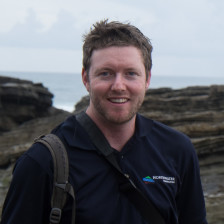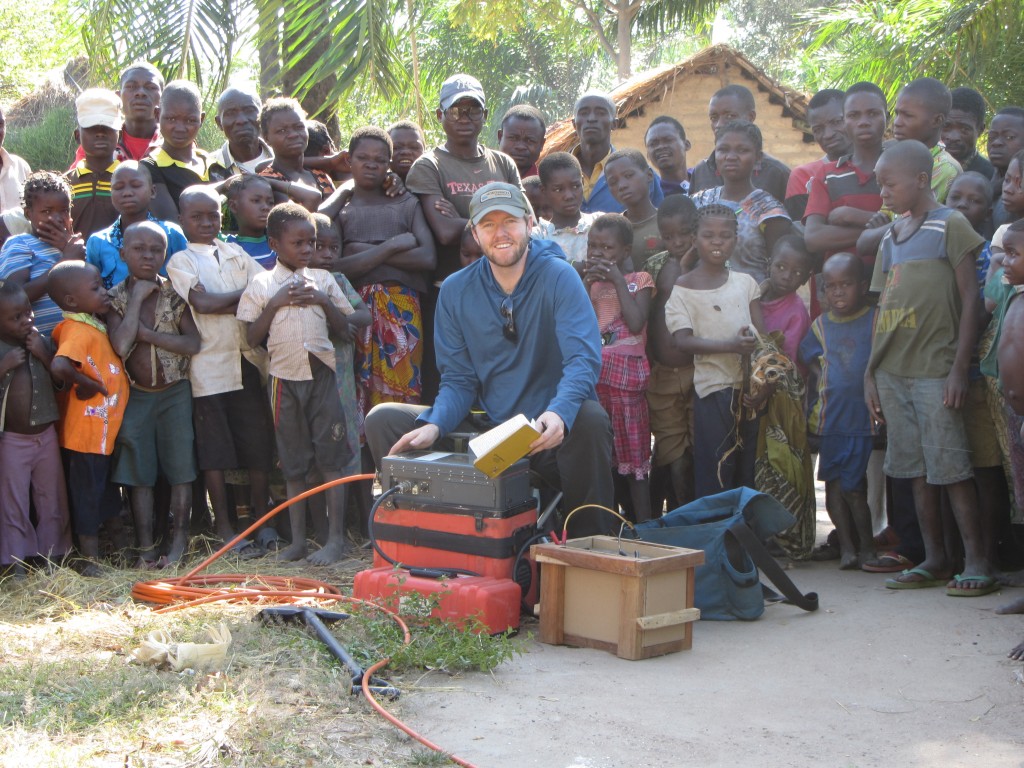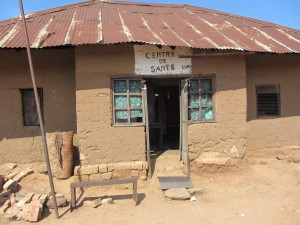
Hospital in rural Katanga province, DR Congo
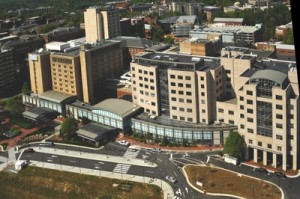
University of North Carolina Hospital, complete with resident malariologists
I was shivering uncontrollably against North Carolina’s June humidity as I struggled to walk home after a failed attempt to eat at a nearby café. It was the segue into a rainbow assortment of uncomfortable symptoms that would morph relentlessly until I found myself in a hospital. After spending a month in a remote corner of Africa, I contracted malaria. Plasmodium falciparum, I later learned the specific strain, is responsible for almost all malarial deaths in the world.
Hot sweats, raging fever, aching joints, fluorescent orange urine, bitter chills and a relentless headache would plague me for the coming days. An unending, throbbing headache nagged at my conscience; its accompanied hallucination begged me to ‘fix it’ with my cordless drill, taking me as far as debating drill bit sizes. Different smells, sights and sounds would trigger hours of bizarre brain activity and repetitive nightmares often while wide-awake. I recall the child version of my cousin, trapped in my head with bizarre whiny words. In one instance, my brain would not allow me to sleep until I satisfactorily counted each individual flower on the wallpaper.
At times it felt maddening and unbearable. And yet, there I was, in the comfort of my own home and a world-class hospital. Loving care, kisses and bedside deliveries from my beautiful girlfriend. The help of my worried mom, who traveled across the country to see me. I had instant access to medicine that minimized my symptoms and furiously fought off the parasite. I had the Rolls Royce experience of malaria. The western world’s privileged bout of a terrible disease, all because of where I was born and where I live.
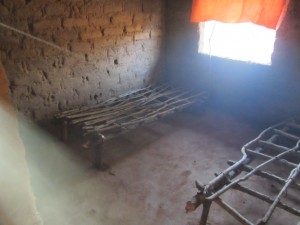
Hospital beds in a remote village hospital, DR Congo
Just one-week prior, I had been in some of the most remote villages in Africa, where kids had never seen vehicles or white skin before.
The children would celebrate ecstatically with the gift of an empty plastic Dasani water bottle. They would stare curiously, and jump frightfully with any sudden movements or unfamiliar sounds. Families lived in homes fabricated with woven sticks or mud-bricks and dirt floors-always meticulously swept. The closest water sources were often miles away, some sat stagnant, contaminated with bacteria and viruses. It was no surprise that I never met anyone much older than fifty in these villages, and most people didn’t know their age if you asked. Add the additional dynamic that the area is referred to as the “triangle of death”; the Mai Mai rebels could show up anytime, most likely drunk and high, and tear through these villages, steal what food exists, rape girls, kidnap children to serve as soldiers, and leave a burning and decimated village behind. Life in these villages means being prepared to flee into the bush at any moment, night or day.
Most everyone in these small remote villages suffers through malaria and some die from it, particularly children. In the village of Nkonde, a 1-year old boy passed away from malaria as we performed a geological investigation, I learned first-hand that the loud and soulful grieving was a regular backdrop in the remote villages of the Congo.
Malaria in this environment is hell. Without western medicine, the sickness is persistent and reoccurring. Symptoms with no relief are compounded with the inescapable heat, contaminated drinking water, dusty floors, and the nagging of death. I never once thought about death when I had malaria – my biggest concern centered around the work deadlines I was missing and an overdraft charge on my bank statement.
While we shared the same parasite and sickness, malaria in the environment of these villages is not comparable to what I experienced. Given my newfound perspective of what millions of people all over the world are experiencing each day, I feel shame to even admit to having had malaria because my experience was within the context of great privilege. In Sub-Saharan Africa, malaria means something different; it is a cycle of endless suffering, pain, death and mourning for individual lives, families and communities. For me, it was an inconvenience to my schedule, but most importantly it was a life experience that helped me better relate to and understand another major global issue.
